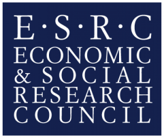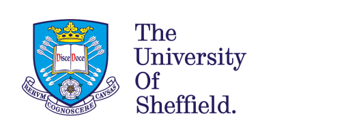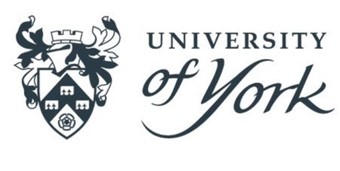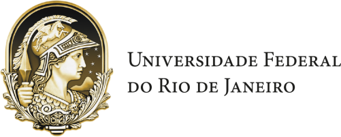About our Project
Sustainable Consumption, the Middle Classes and Agri-food Ethics in the Global South. ESRC Funded Project.
Sustainable food consumption spaces and practices in the global South are of critical importance yet remain under-researched and poorly understood because most studies assume that ethical consumers are situated in the global North. Expanding middle class consumption in global South countries is seen simultaneously as providing a potential stimulus to global economic growth and a threat to environmental sustainability.
This research evaluates the mobilisation and practice of sustainable consumption in the global South through an examination of systems of food provision and regulation, everyday consumer habits, and trends and fashions in food consumption drawing on three case studies:
- Rio de Janeiro, Brazil
- Guangzhou, China
- Johannesburg, South Africa
Pilot research in the case study countries (funded by Pump Priming Funding from N8 Agri-Food) suggests that digital technologies are increasingly interwoven into societies and food systems, and this research provides an innovative investigation of the interconnectedness of online and offline spaces of sustainable food consumption in the global South.
The research is organised into four key phases:
- Focus on institutional and cultural drivers of sustainable food consumption
- policy and media reports, business strategies, codes, campaigns and initiatives in the policy and popular domain
- informant interviews with government departments responsible for food procurement and standards, campaigners, and leading food retailers, wholesalers and restaurateurs
- Focus on consumer habits and everyday trends,
- ethnographic research in middle-class residential areas of Guangzhou (China), Rio de Janeiro (Brazil), and Johannesburg (South Africa) including accompanied shopping interviews and co-cooking sessions
- interviews addressing household food consumption practices, judgments about 'good' food, and popular influences on food ethics and environmental values.
- digital ethnographies examining online practices of consumers and influence of social media
- Focus on fashion and trends
- text mining of social media to trace lines of influence in sustainable food consumption
- Explore the wider drivers of sustainable food consumption and the behavioural intentions arising from these.
- gather quantitative data through a web-based survey
We also have a blog here: https://blogs.ncl.ac.uk/scarfethics/









